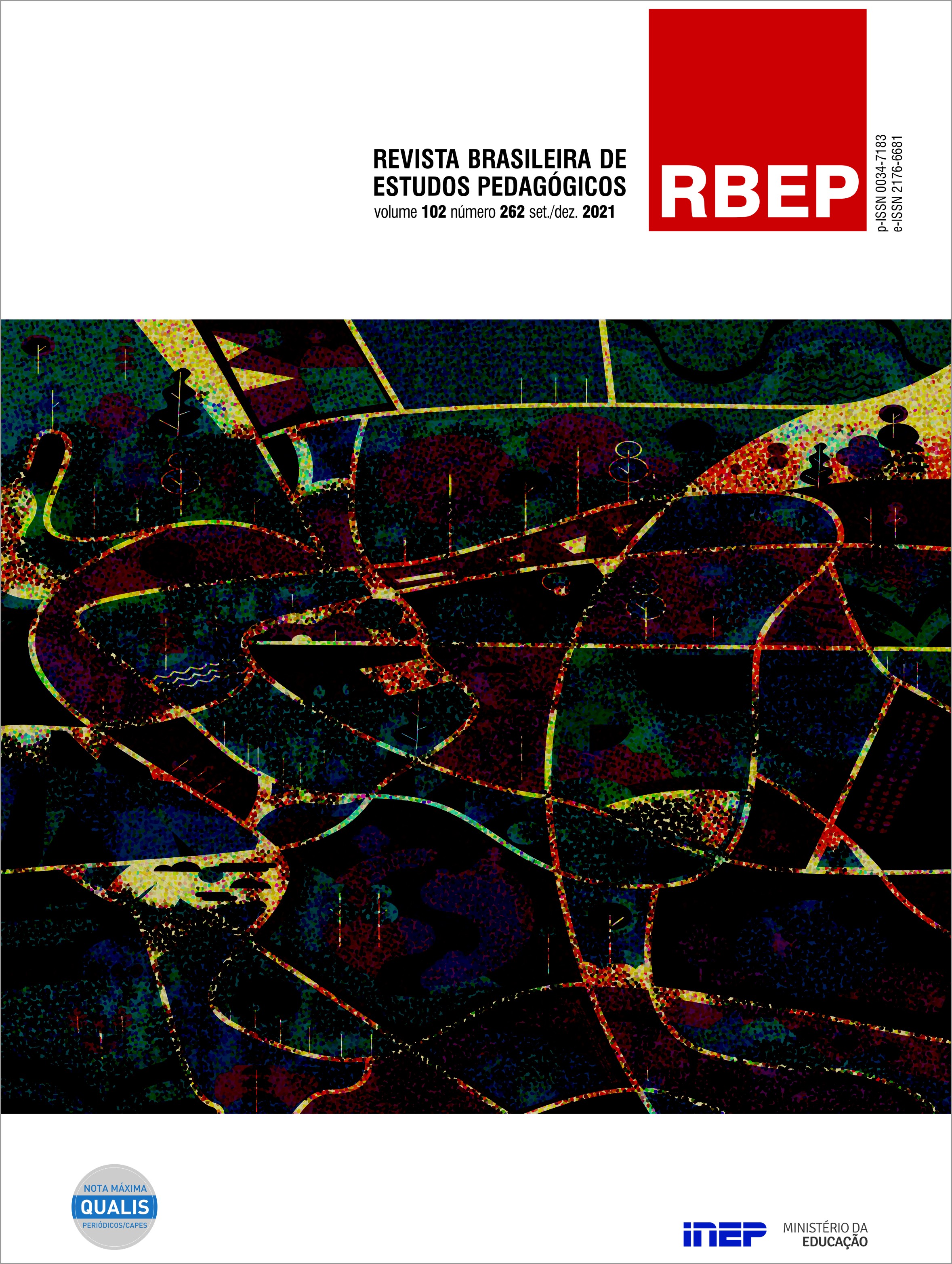Innovative policies for secondary education in Brazil: a case study of ProEMI
Abstract
This article aims to analyze the Innovative High School Program (ProEMI) in the state of Espírito Santo, on the period between 2012-2016. Our argument is that the implementation of educational policies by education systems are translated in various ways according to the educational and cultural reality of each institution. From the epistemological point of view, we work with the perspective of the cognitive analysis of public policies. We used a qualitative methodology, developed in five schools of the state network, with interviews, focus groups and a survey. The data collected revealed that the implementation of ProEMI occurred according to the reality of the educational system and of each school. The main results of the Program, according to the research subjects, were: the receivement of the financial resources; its management providing experiences to the teachers and their students not previously experienced by these subjects; new work relations and teaching-learning perspectives. This is not all that the Program has set out to do, but it is something new, symbolic and representative of state investment in the high school stage, a movement that nowadays is on the opposite side.
Downloads
Copyright (c) 2021 Brazilian Journal of Pedagogical Studies

This work is licensed under a Creative Commons Attribution 4.0 International License.
Once their work is accepted for publication, author’s copyrights are automatically relinquished to the National Institute for Educational Studies and Research Anísio Teixeira (Inep).
Since 2016, the journal Revista Brasileira de Estudos Pedagógicos (RBEP) uses the licence CC-BY.
Partial or total reproduction of the content of this Journal is permitted provided that the original publication is properly referenced, as well as a link to license CC BY 4.0 and to indicate any possible alterations made to the article.




















